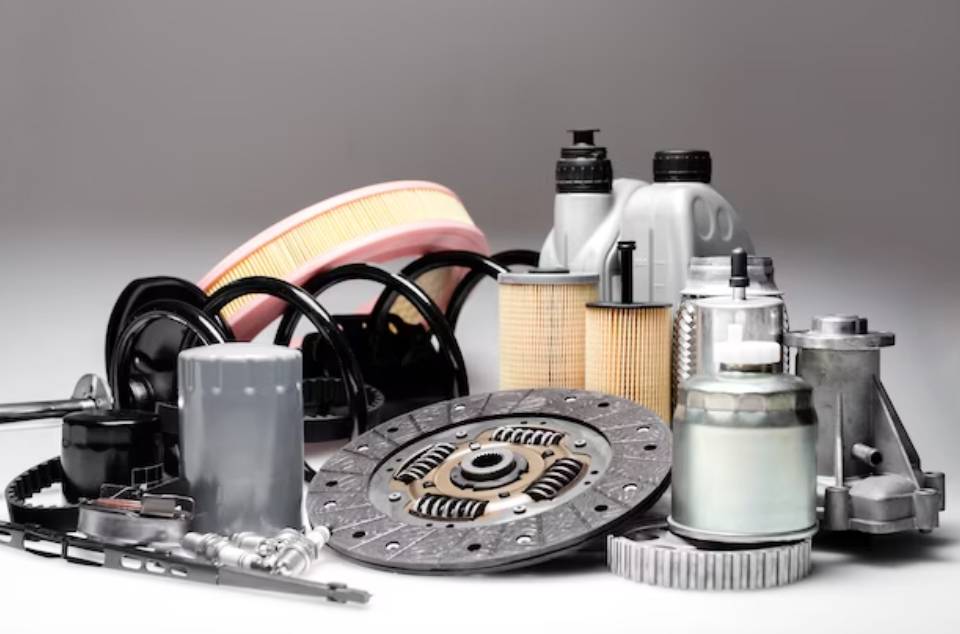Issues Chinese cars have to contend with because of the West Philippine Sea

We’ve always said geopolitics should be separate from why you would choose one car over another. But in reality, it is a sore thumb in the local automotive industry for Chinese brands as the ongoing tit-for-tat in that body of water is feeding negative consumer opinions on Chinese cars.
Here are some points against Chinese cars that wouldn’t have been issues without the ongoing spat in the West Philippine Sea.
Chinese cars are disposable
While this may have been true a decade or two ago, today’s Chinese cars are built to a higher standard than their predecessors. With some brands offering extended warranties, Chinese carmakers are willing to stake their reputation to prove how far their products have come.
Buy China now, regret it later
A favorite point among keyboard warriors, this statement still subscribes to Chinese cars of two generations ago when they had shabby quality and questionable mechanicals. Moreover, those mom-and-pop distributors who were out for a quick buck a decade ago, who didn’t care about their brands enough to ensure the long-term serviceability of the cars they sold, are almost gone by now. With new business practices in effect, Chinese car brands are operating near or at Japanese car brand standards.
Good luck with spare parts
Parts inventory is critical to ensuring customer satisfaction. Distributors and dealers have learned this a long time ago. It is not endemic to Chinese brands, and some Japanese, American, and European brands have parts supply issues, too. But because of the recent faux pax a Chinese brand had in addressing a customer issue, rest assured that other Chinese, and even non-Chinese car players have noted improving this aspect of their business.
How can you buy from a country that takes away our land?
“Ang mamatay nang dahil sa iyo” is an often-used phrase from our National Anthem that gets thrown around in heated discussions about Chinese cars. The last we heard, we are not at war with China. And if that argument held any water (no pun intended), then by extension, no one should buy anything made in China. And that includes the mobile phones we use, the keyboards we type on, and the computers we go online with.
Stop supporting the Communist government by buying made-in-China products
The thing with Communist China haters is they likely have never visited the country they are harping against. China’s megacities, smoothly paved road networks and highways, and basic infrastructure are all sound and proud. There are some benefits to homogenous thinking regarding aligning national priorities and moving a country forward. And this is where too much democracy falls apart at times.
Market forces will eventually dictate which car brands will get the lion’s share of the business. So, it is up to the brands themselves to create meaningful relationships with their customers and ensure repeat sales, at the very least. It is an open economy, after all. May the best brand win.















